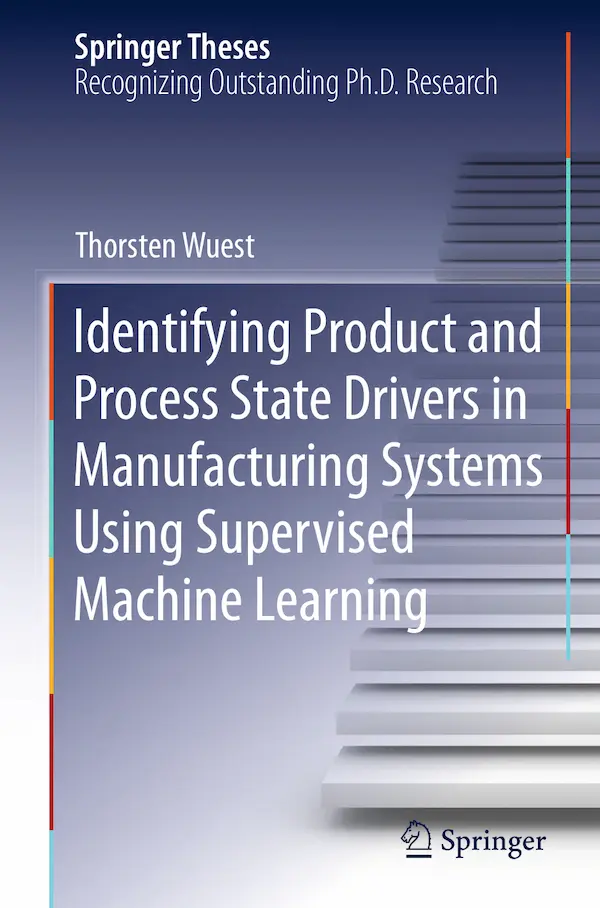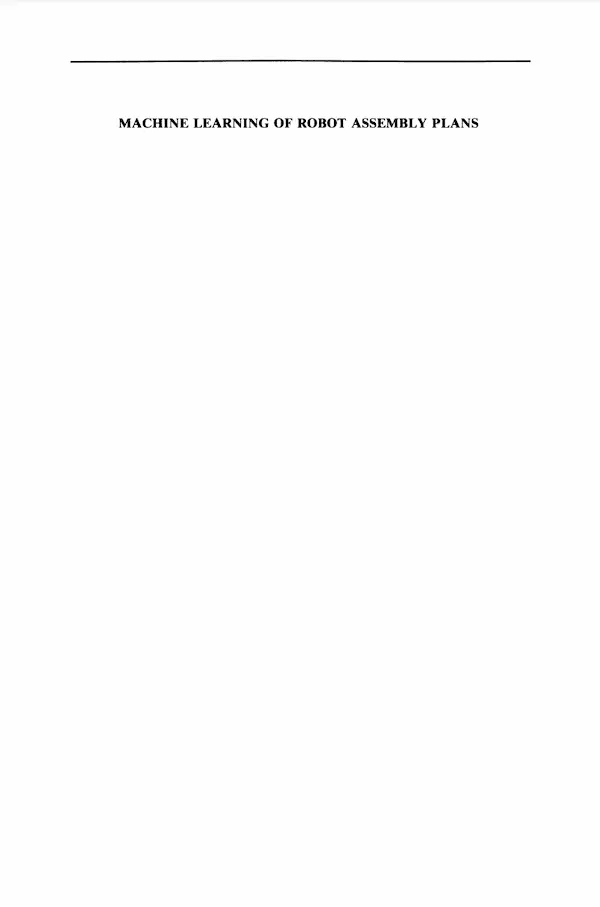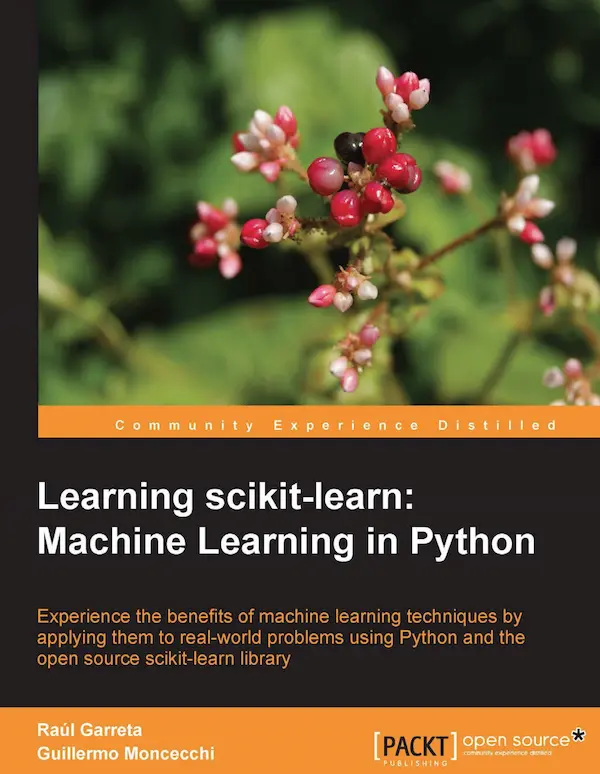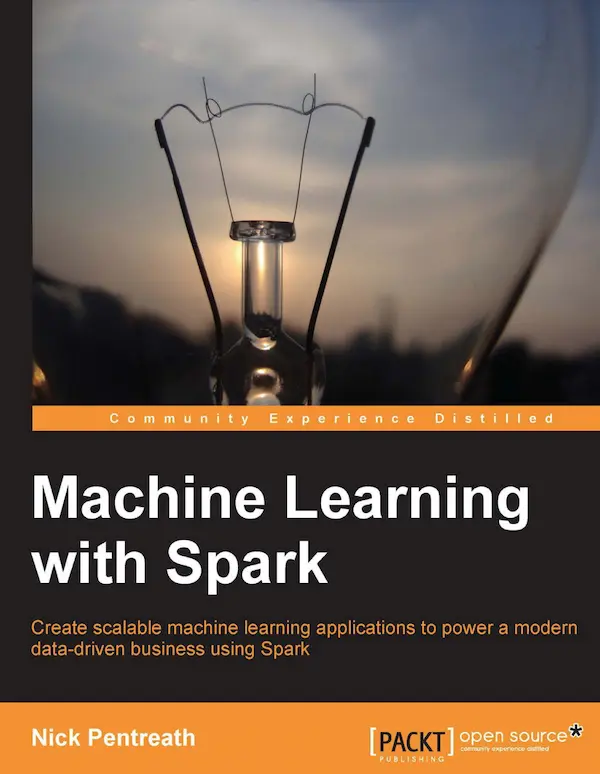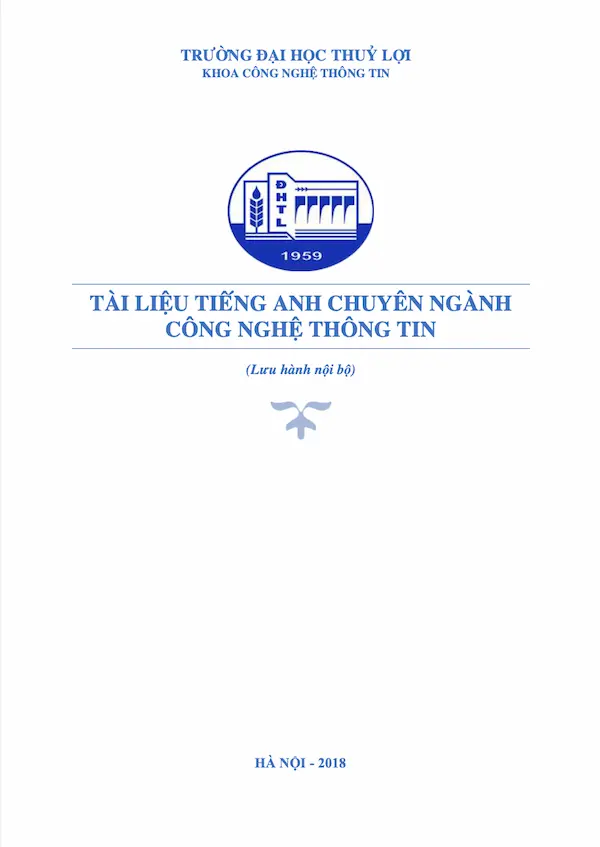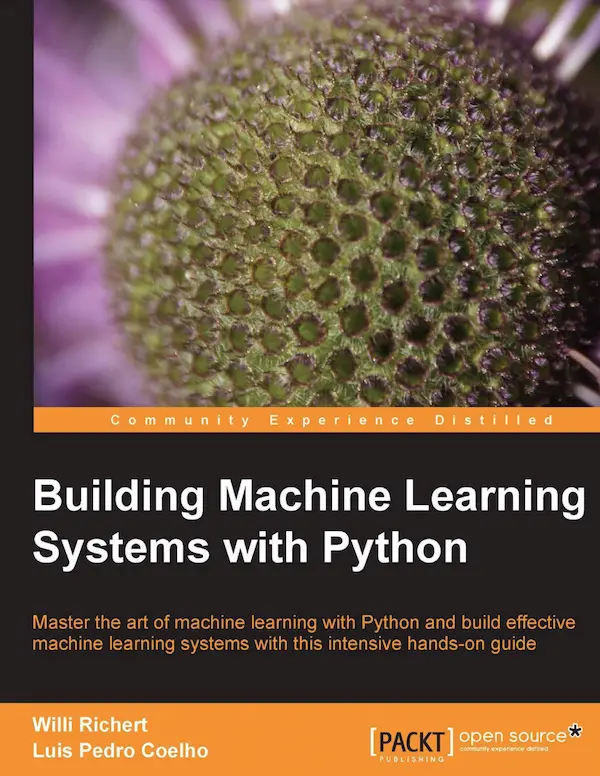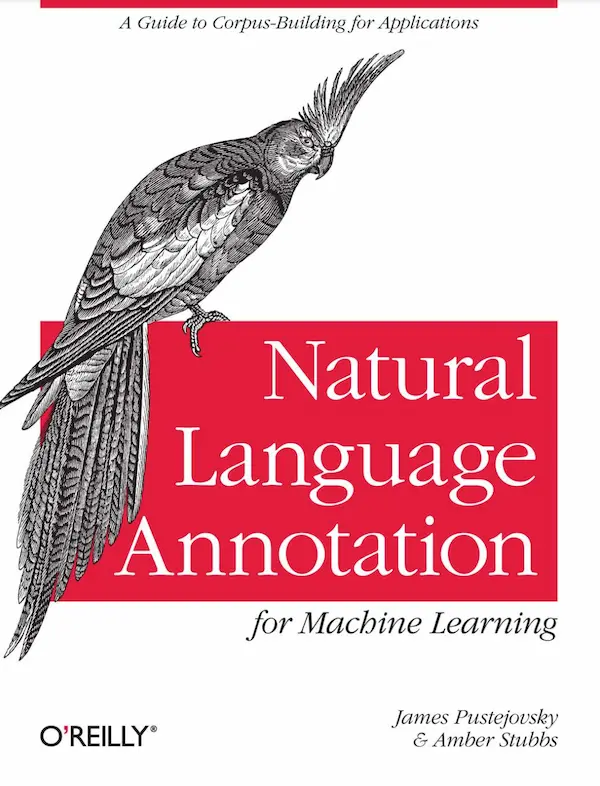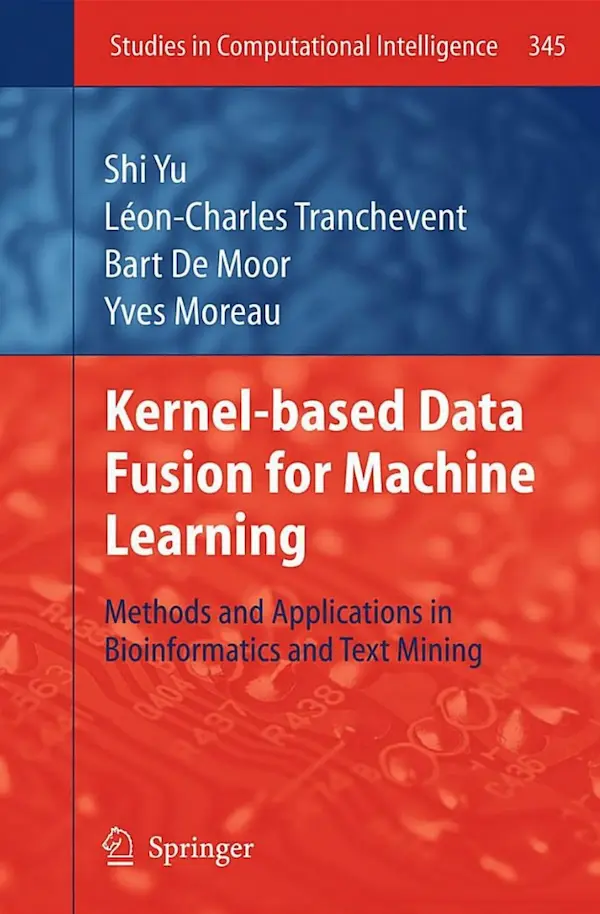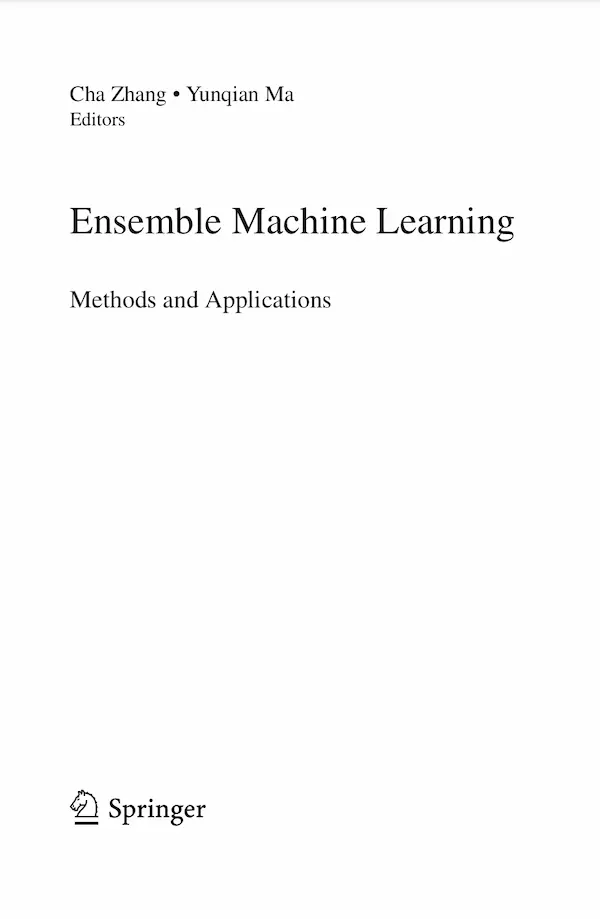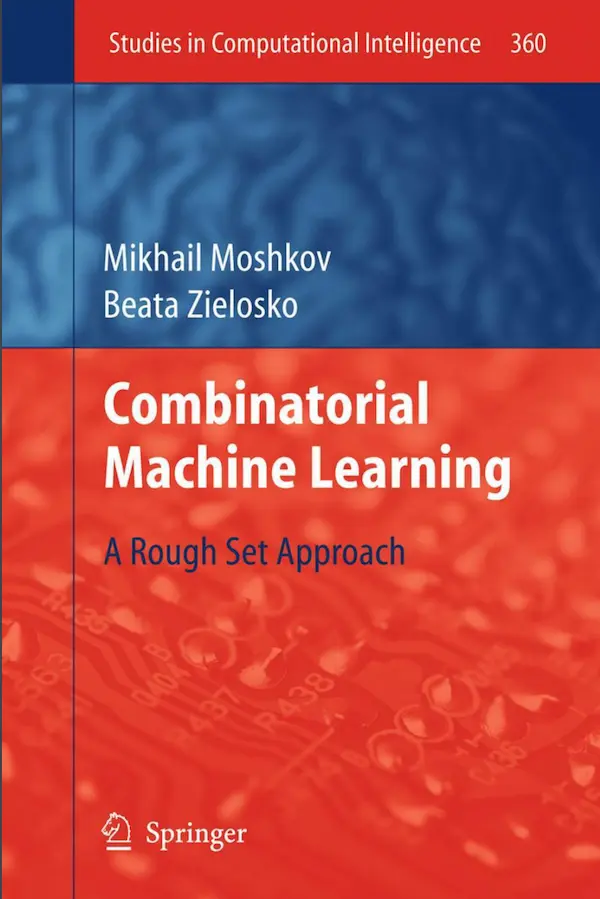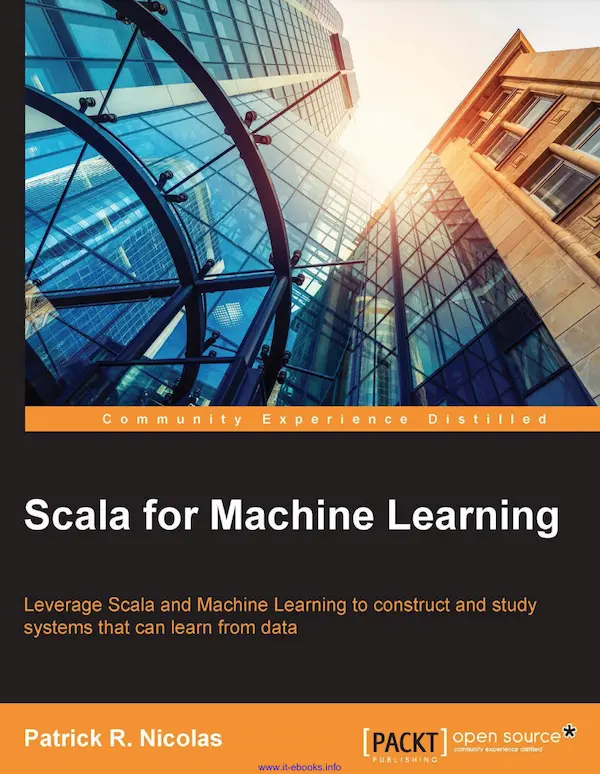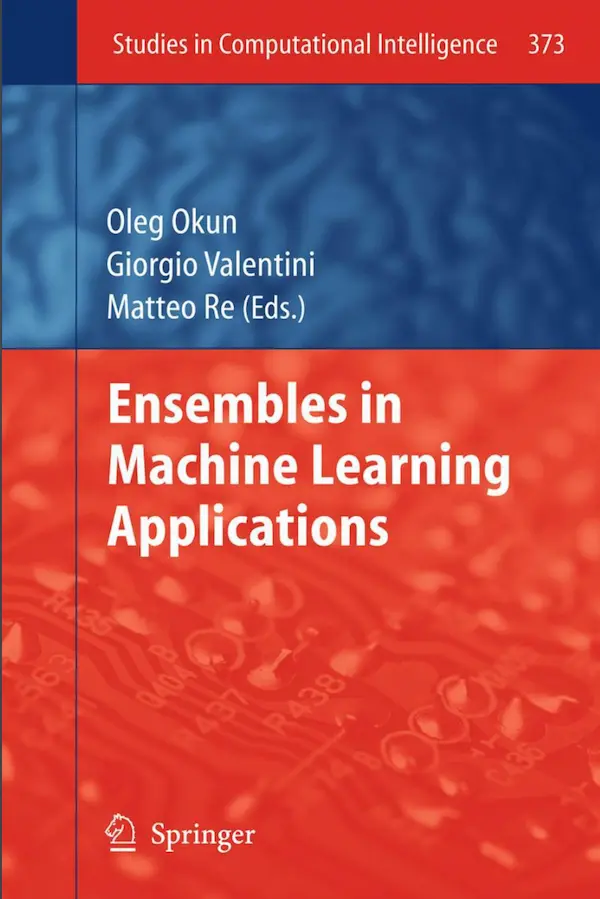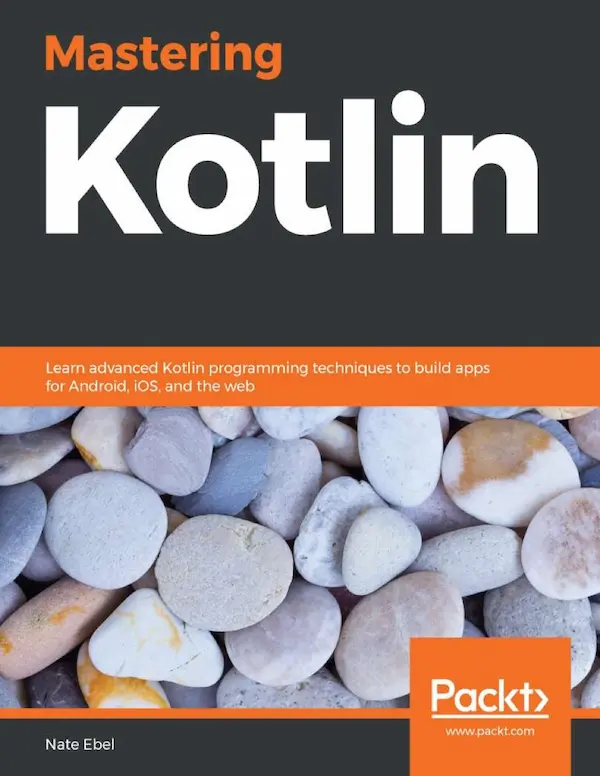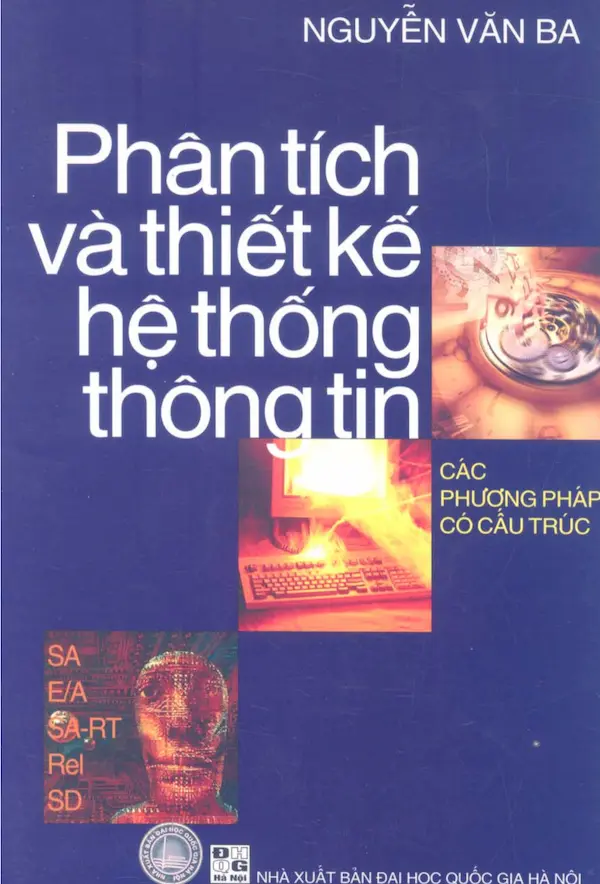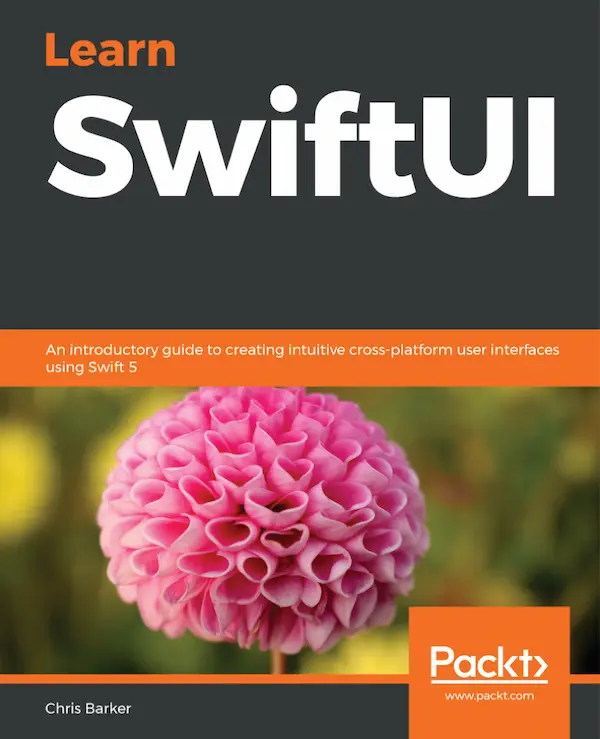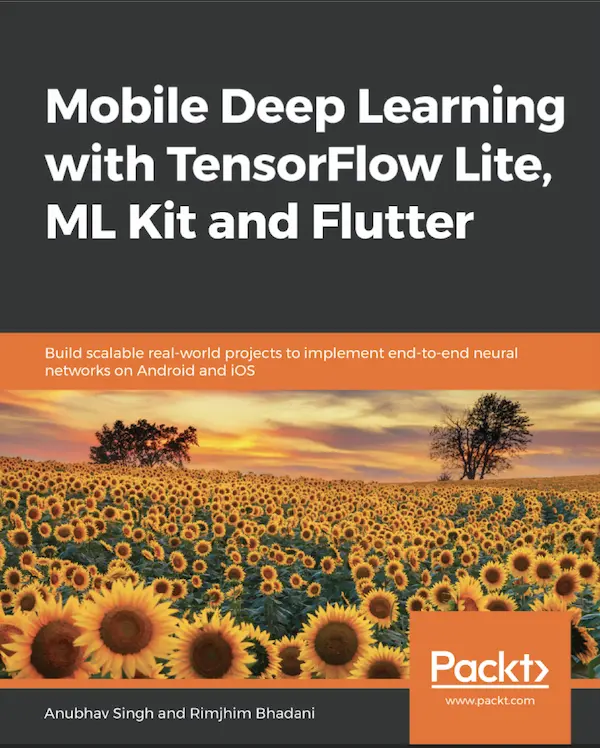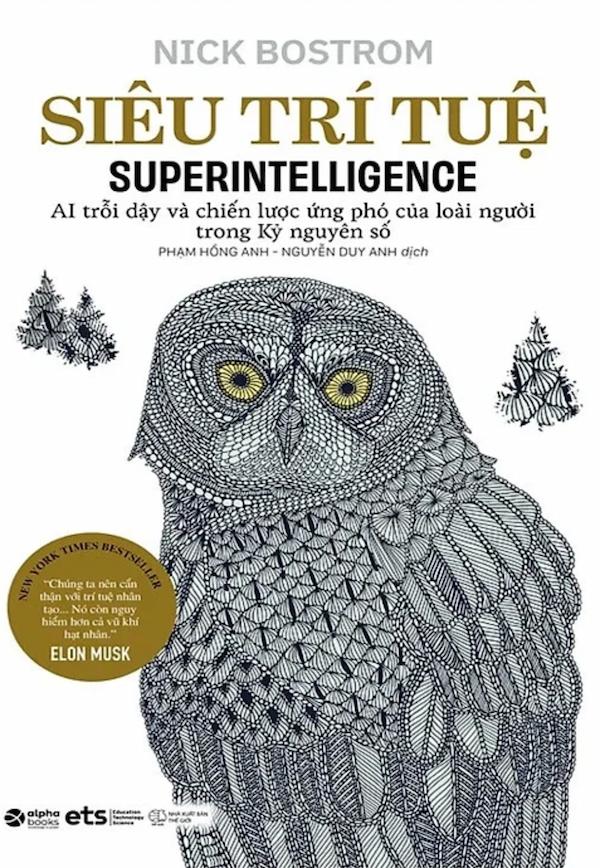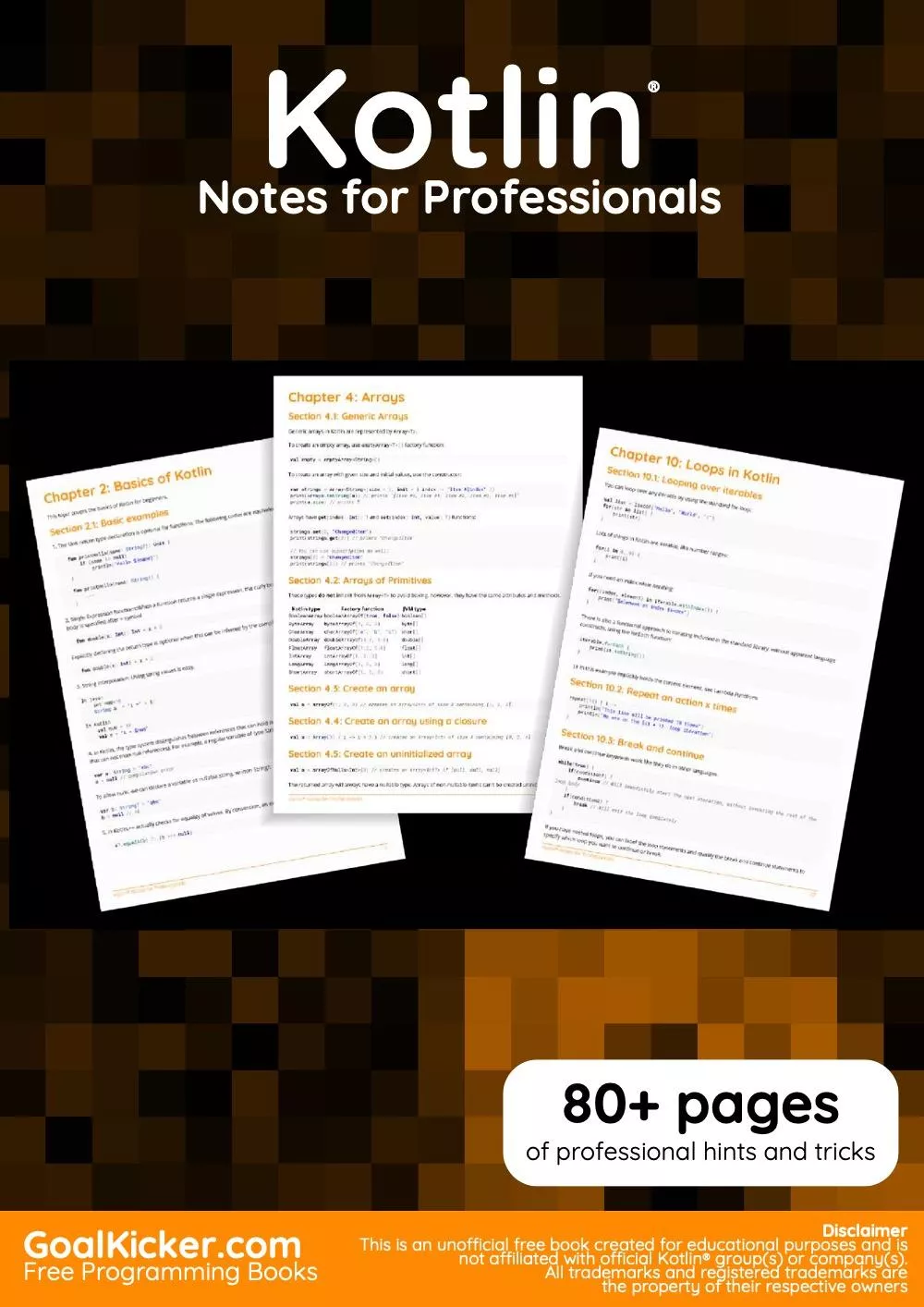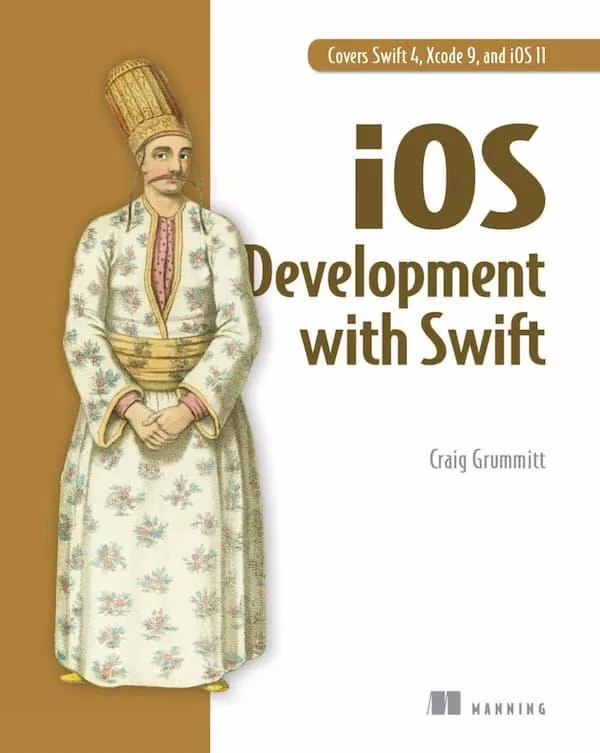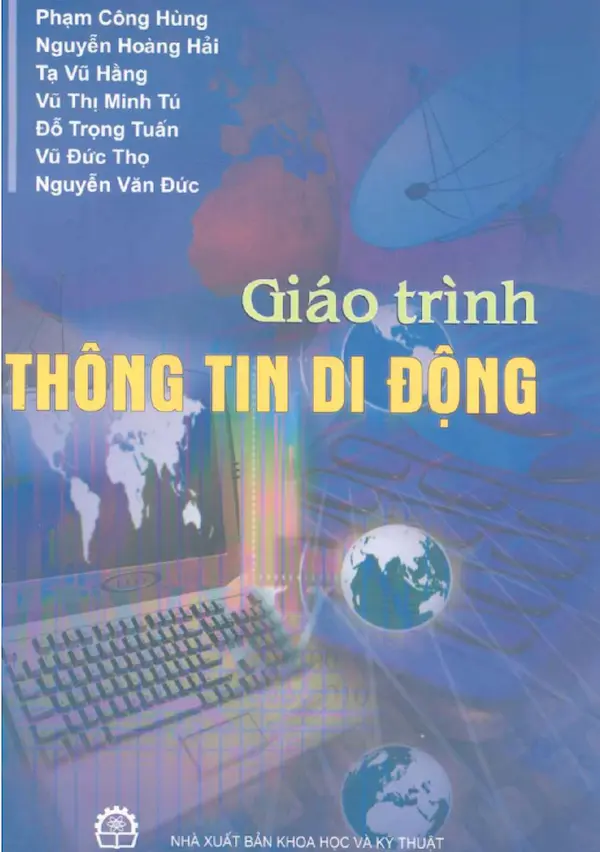
It is my great pleasure to introduce Dr.-Ing. Thorsten Wuest’s Ph.D. research, accepted for publication within the prestigious Springer Theses series. Dr. Wuest joined my Department of ICT Applications in Production at BIBA—Bremer Institut für Produktion und Logistik GmbH, as a research scientist in 2009. Simultaneously, he pursued his Ph.D. research at the Faculty of Production Engineering at the University of Bremen under my guidance. Besides his Ph.D. work, Dr. Wuest worked on several collaborative research projects, among them the CRC 570 Distortion Engineering and the project InfoSys, both funded by the German Research Foundation (DFG), and was very involved in matters of teaching, service, as well as project and grant acquisitions. Additionally, he is an active member of several professional societies, e.g., being recently accepted as a Research Affiliate of CIRP, and acts as a reviewer for various journals and conferences. Furthermore, Dr. Wuest conducted parts of his research as a research scholar at the Viterbi School of Engineering, University of Southern California, USA, being awarded a full research scholarship of the German Academic Exchange Service (DAAD). He completed his Ph.D. research with an oral defense in November 2014. Dr. Wuest’s thesis includes significant original contributions to the field and represents a considerable advancement in the way of handling steadily increasing data streams within multistage manufacturing systems. He successfully published selected parts of his research work in highly ranked, refereed archival journals and prominent, internationally recognized conferences.
The global manufacturing domain faces major challenges which may be summarized by increasing complexity and dynamics of products and processes as well as increasing requirements toward quality. The research problem of Dr. Wuest’s thesis is set in multistage manufacturing programs and focuses on the holistic handling of data and information with the goal of improving the product and process quality. Existing solutions focus mostly on individual processes instead of the whole manufacturing system and do not incorporate product and process inter- and intrarelations. It was found that these process inter- and intrarelations have a significant and varying impact on the quality outcome of successive processes and thus on the whole manufacturing program.
In his dissertation, Dr. Wuest developed a concept to describe comprehensively a product by its states along a manufacturing process sequence. For this concept, it is of fundamental importance to identify a set of state characteristics allowing a comprehensive description of the product’s state. A major aspect within the work was found to be process intra- and interrelations between states and state characteristics. Today, most manufacturing programs lack sufficient knowledge and transparency with regard to process intra- and interrelations rendering a complete modeling of the system unrealistic. In order to incorporate this crucial element in the analysis, supervised machine learning was employed in the form of SVMbased feature ranking to incorporate successfully implicit process intra- and interrelations of the manufacturing program.
Dr. Wuest evaluated the conducted research using three different scenarios from distinctive manufacturing domains (aviation, chemical, and semiconductor) based on “real world” datasets. The purpose of choosing three different scenarios was to highlight the general applicability of the developed concept. The evaluation confirmed that it is possible to incorporate implicit process intra- and interrelations on process as well as program level as required through applying SVM-based feature ranking.
Dr. Wuest’s work addresses highly relevant and complex challenges which have been, and are emerging in modern manufacturing, taking current research streams like smart and advanced manufacturing, cyber-physical-production-systems, Industrial Internet, Industry 4.0 and Big Data approaches, and the resultant increase of data streams into consideration. A major asset of the concept is the possibility to identify currently unknown relations which may provide a basis for further in-depth research and experimentation.
The strength of Dr. Wuest’s dissertation is its relevance and simplicity as well as its applicability in actual and realistic manufacturing situations. The selected approach and methodology is such that it is neither a constraint to specific products, manufacturing processes, or systems nor is it constraint to specific quality concepts. In this way it is a notable addition to knowledge. The work and its results are well projected into “real-life” applications and as such provide an important contribution to the application domain of analysis and management of product and process quality in the manufacturing domain.
The global manufacturing domain faces major challenges which may be summarized by increasing complexity and dynamics of products and processes as well as increasing requirements toward quality. The research problem of Dr. Wuest’s thesis is set in multistage manufacturing programs and focuses on the holistic handling of data and information with the goal of improving the product and process quality. Existing solutions focus mostly on individual processes instead of the whole manufacturing system and do not incorporate product and process inter- and intrarelations. It was found that these process inter- and intrarelations have a significant and varying impact on the quality outcome of successive processes and thus on the whole manufacturing program.
In his dissertation, Dr. Wuest developed a concept to describe comprehensively a product by its states along a manufacturing process sequence. For this concept, it is of fundamental importance to identify a set of state characteristics allowing a comprehensive description of the product’s state. A major aspect within the work was found to be process intra- and interrelations between states and state characteristics. Today, most manufacturing programs lack sufficient knowledge and transparency with regard to process intra- and interrelations rendering a complete modeling of the system unrealistic. In order to incorporate this crucial element in the analysis, supervised machine learning was employed in the form of SVMbased feature ranking to incorporate successfully implicit process intra- and interrelations of the manufacturing program.
Dr. Wuest evaluated the conducted research using three different scenarios from distinctive manufacturing domains (aviation, chemical, and semiconductor) based on “real world” datasets. The purpose of choosing three different scenarios was to highlight the general applicability of the developed concept. The evaluation confirmed that it is possible to incorporate implicit process intra- and interrelations on process as well as program level as required through applying SVM-based feature ranking.
Dr. Wuest’s work addresses highly relevant and complex challenges which have been, and are emerging in modern manufacturing, taking current research streams like smart and advanced manufacturing, cyber-physical-production-systems, Industrial Internet, Industry 4.0 and Big Data approaches, and the resultant increase of data streams into consideration. A major asset of the concept is the possibility to identify currently unknown relations which may provide a basis for further in-depth research and experimentation.
The strength of Dr. Wuest’s dissertation is its relevance and simplicity as well as its applicability in actual and realistic manufacturing situations. The selected approach and methodology is such that it is neither a constraint to specific products, manufacturing processes, or systems nor is it constraint to specific quality concepts. In this way it is a notable addition to knowledge. The work and its results are well projected into “real-life” applications and as such provide an important contribution to the application domain of analysis and management of product and process quality in the manufacturing domain.



